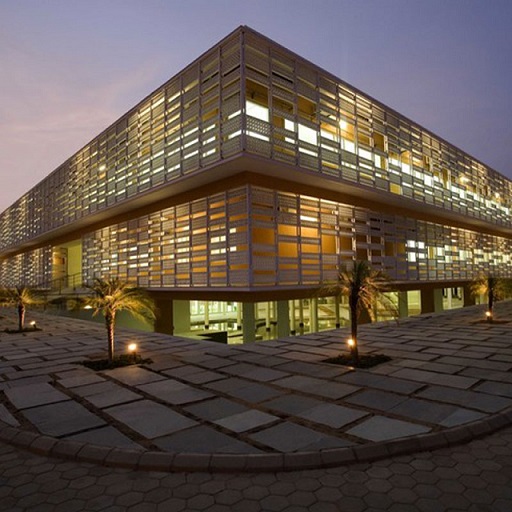Can Education be the catalyst to preserve, innovate and accelerate
In a world of tectonic technological changes and new business models, the professional skill sets required for the workplace have transformed considerably.
The leader as a ‘strong individual’ has given way to a new leader who uses empathy, collaboration, continuous learning, creativity and multiple approaches to see the ‘big picture.’
The employee needs to be agile, a continuous learner, an entrepreneur, of multidisciplinary mindset and an effective communicator.
The teacher today has to be more of a leader, a magician, a collaborator, an enabler and a coach.
This development is a response to changes in the environment and an urgent need for changing the silo-ed way that organisations worked previously. Design thinking and a Systems approach are essential to individual and organisational survival and success.
Today, the industry is more conscious and reflective of its processes. Businesses have realised the importance of people-centric processes, experiences and designs and are changing their structure, systems and approach. Design is driving businesses to understand their consumers, their expectations and cultural environment, how they feel and what solutions would work best for them. Design Thinking is becoming more nuanced.
At the same time focusing on individual businesses or issues is not enough. Today we live in a highly complex interconnected world so it is critical to think through each problem, each process, its complexities & opportunities to create a solution that may have multiple outcomes and impact on varied stakeholders. This is what a Systems Thinking approach can do for us.
Another huge shift is due to the environment. Economic models are moving from being linear to circular. Here, all economic players — big and small stakeholders — are being forced to face reality and encourage eco-design, sustainable practices, waste recycling, economic and energy policies that create a more inclusive & economically stimulating ecosystem.

Organisations would like to hire people who have good communication skills, can work in teams, are adaptive and open to their peers, and can work across disciplines. There’s a rising need for critical skills like innovation, multi-disciplinary approach, creativity, critical thinking, problem-solving and risk-taking abilities in the industry. These abilities are being given more importance than degrees and diplomas. Students are lacking these skills and there’s a demand-supply gap. And the education system must consider these.
Young people need to be empowered to live in a world where there’s a challenge at every turn, they should be trained to use technology and insight to predict potential problems, they should be empathetic, innovative, creative and have problem-solving skills to create multiple outcomes for a challenge.
The two questions that I have been reflecting on are:
· Should education just cater to industry jobs or should it create thought leaders rich in curiosity, empathy, values with a thirst for learning?
· Is it the role of education to create mentor practitioners who provoke and catalyse learners to push boundaries and venture into the unknown?
We must preserve and promote the natural creativity and systems mentality that children have. And build and nurture design, design thinking abilities through school and college. This is the need of the hour. A thrust on the integration of design education into mainstream courses will help make significant strides towards being a strong Creative Economy.
This article was first published on Medium.












